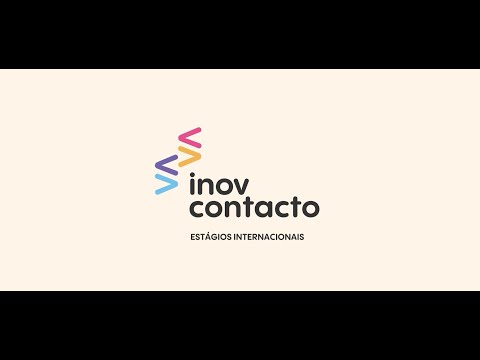Problem addressed
The primary issue addressed in the research is the significant educational inequality in Austria, where children from low socio-economic backgrounds have substantially lower chances of achieving educational standards compared to their peers from higher socio-economic backgrounds. This disparity in educational outcomes is rooted in various socio-economic factors that limit access to academic support and resources, thus perpetuating a cycle of disadvantage for children from poorer families.
Innovative solution
The innovative solution proposed involves a structured tutoring program where secondary school students and adult volunteers provide free tutoring to primary school children. The program uses a competency-based training model for the tutors, incorporating visualized-model-centered instruction and practical training scenarios with child actors. This approach ensures that the tutors are well-prepared to offer effective and engaging support, even adapting to remote tutoring during the COVID-19 pandemic with minimal additional training.
UP! is a social innovation in which volunteers from the community are empowered to set up and lead local learning initiatives themselves. All parts of the programme are integrated into the school system or take place in cooperation with companies. The tutors are trained and supervised within the framework of school subjects. In companies, UP! functions as a corporate social responsibility project in which employees help the children as tutors. It is important to note that this programme support children with significant learning deficits individual and based on a development plan.
Key results and benefits
The project yielded several positive outcomes, including enhanced learning and motivation among the tutees and significant skill development for the tutors. The practice-oriented training model was effective, with tutors rapidly adapting to distance tutoring when necessary. The tutees showed improved academic performance and self-perception as learners. Additionally, the inclusion of all participants in the design and implementation process fostered a strong professional learning community and facilitated smoother implementation.
The entire project was evaluated as part of a dissertation (Educational Design Research) and was assessed very favourably by an external evaluation team (https://epub.jku.at/obvulihs/content/titleinfo/8905255).
Potential for mainstreaming
The potential for mainstreaming this initiative is substantial, particularly through the development of training programs for trainers and leaders who can establish local tutoring initiatives. Institutionalizing the program within school curricula or forming long-term partnerships with companies and institutions can provide the necessary support and resources. Regular, structured training and support for tutors can ensure the sustainability and scalability of the program, making it a viable solution to address educational inequalities on a broader scale.
Scaling is achieved through the transfer of expertise to teacher training colleges and universities. Interested parties can complete free training courses there as trainers or leaders in order to set up local education initiatives themselves. Work is currently underway with the University College of Teacher Education Upper Austria on these training courses, which will be organised for secondary school teachers in the next school year. In the following year, a further roll-out is planned in an educational region in Upper Austria. As with the tutor training programme, this involves supervised practical training in combination with solid basic training. All participants will receive ongoing support during implementation and, of course, all necessary documentation will be provided.



